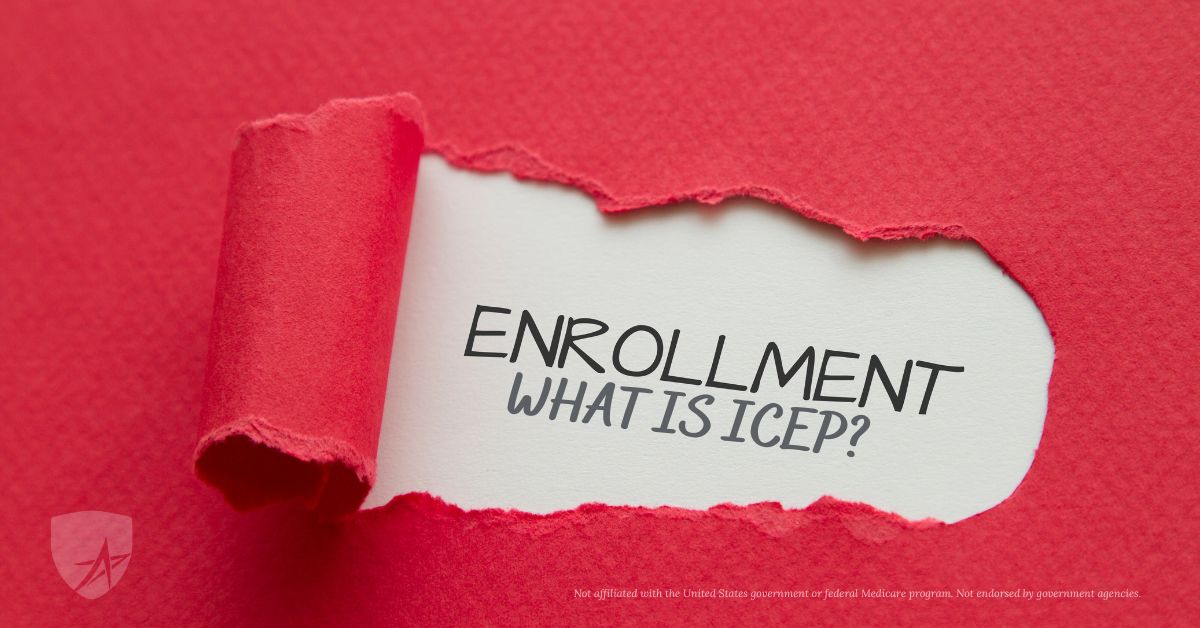Medicare enrollment can be a daunting process for many people. It involves a lot of complex information, deadlines, and choices to make. With so many options available, it’s easy to feel overwhelmed and confused about what plan is right for you. Fortunately, you don’t have to navigate this process alone. We can help you make sense of your options and choose the plan that best fits your needs. Here are just some of the ways
Boosting Health and Vitality Greetings Retirees! As we age, our bodies require specific nutrients to maintain optimal health. Proper nutrition becomes even more critical for older adults, as we face unique challenges that can impact our overall well-being. One way to ensure that we’re meeting our nutritional needs is by incorporating superfoods into our diets. Superfoods are whole, minimally processed foods that pack a nutritional punch. While most are plant-based, not all are exclusively so.
On September 27, 2022, the Centers for Medicare & Medicaid Services (CMS) released the 2023 premiums, deductibles, and coinsurance amounts for the Medicare Part A and Part B programs, and the 2023 Medicare Part D income-related monthly adjustment amounts. Medicare Part B Premium and Deductible Medicare Part B covers physician services, outpatient hospital services, certain home health services, durable medical equipment, and certain other medical and health services not covered by Medicare Part A. Each
If you’re new to Medicare, you may be familiar with the Initial Enrollment Period (IEP), an election period that covers from 3 months before your 65th birthday to 3 months after. However, if you chose not to sign up for Part B during your IEP, there is another enrollment period available to you, known as Initial Coverage Election Period (ICEP). But what exactly is it? When can you use it? And how does it differ
If you’re turning 65 and still intend to have employer coverage, or if maybe you’re delaying your retirement just a few months after your birthday, one thing to keep in mind is making sure you receive an annual written notice of creditable coverage from your employer. As you may or may not know, Medicare will require you to maintain creditable prescription drug coverage or receive a Part D Late Enrollment Penalty. If you’d liked to
A Health Savings Account (HSA) lets you deposit untaxed dollars into a savings account that can be used to pay for qualified medical necessities. Employers and financial institutions offer this kind of savings account to eligible individuals. You may only contribute to an HSA at age 65 or older if you are covered by an HSA qualified health plan, you are not a tax dependent, and you are not enrolled in Medicare. You will not
Last week, the White House announced covidtests.gov, a site with the purpose of supplying free rapid antigen COVID-19 tests to every U.S. household. The new site is now live and ready to take orders, as well as provide additional resources and information for those in need of testing. Here are a handful of things to know about the site, the tests, and the other resources available. First and foremost, every home in the U.S. is
Whether you’re on a limited income, or just trying to justify how much you’re paying for your Medicare Advantage plan, we all want to get the most out of our health care plan. Every plan comes with a lot of information and explanation about its benefits, and it can be overwhelming to drill down into these documents to find useful savings, discounts, and benefits. In this article, we’re covering some of the resources and features
It’s that time of year again, and Medicare has released the Medicare Part A & B Costs for 2022. Below are the key details that may affect your premiums going forward in the new year. Part A Costs If you don’t qualify for premium-free Part A, you can buy Part A. People who buy Part A will pay a premium of either $274 or $499 each month in 2022 depending on how long they or
The Medicare Annual Enrollment Period is your chance to review your plan’s cost and coverage and compare it to the new plans for the coming year. “…but if my plan worked for me this last year and nothing changed with my health, should I still bother to review my plan?” You absolutely should! Even if nothing changed for you since last year, a lot can change about your plan. Each year around September you’ll receive









